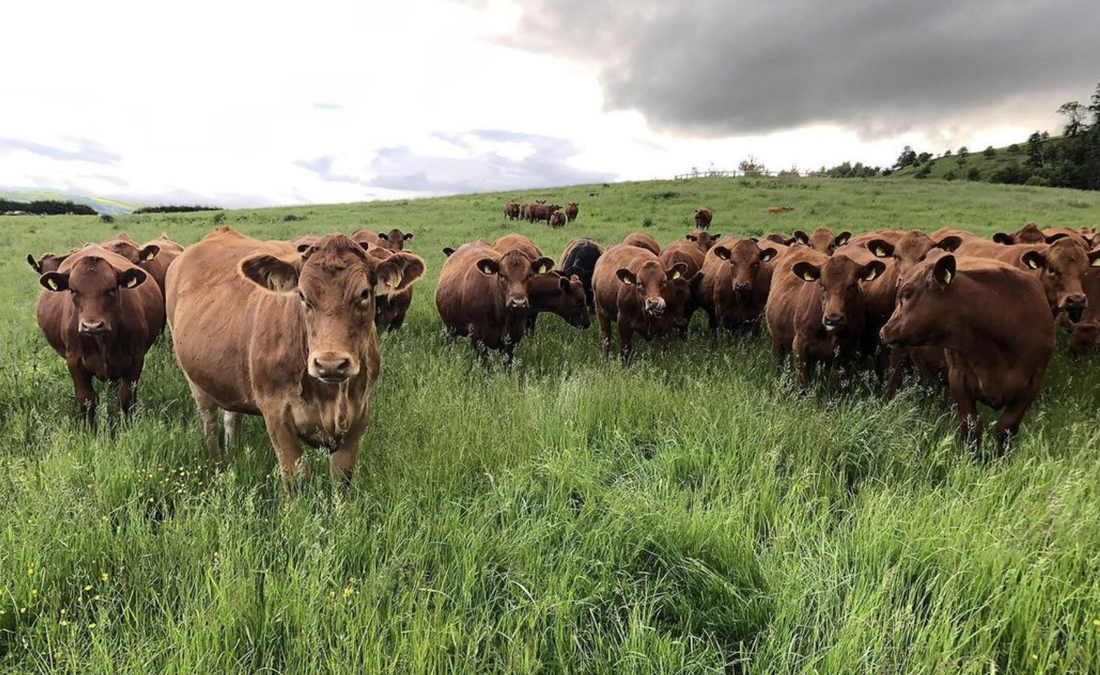
LONDON DESIGN FESTIVAL: SUSTAINABLE FUTURES
Written by Ruby Wilson
This year’s London Design Festival has noted the ‘crucial role of design’ in safeguarding the future of our planet’s environment and the communities that inhabit it. This week, a range of exhibitions, panel talks, and workshops emphasise the importance of adopting and championing sustainable practices within design. This theme appears throughout the festival’s programme of events, often illustrating a renewed closeness between creators, their craft, and the world around them. Discussions centre around questions of ethics and ecology, whilst live workshops and exhibitions showcase designs and materials that reveal new possibilities for a future where the fabric of the earth and the fabrics of our daily lives work in harmonious symbiosis.
Material Sustainability – Istituto Marangoni
Important questions are addressed in the Instituto Marangoni’s panel talk ‘Material Sustainability’, concerning mainstreaming approaches to materiality, ‘slow design’ practices, ethical design as a means of social responsibility and the reduction of waste materials within the creative industries. The three-women-strong panel made up of Randa Kherba, Emily Sotchl and Johanna Agerman is guaranteed to provide rich and thoughtful conversation on the topics.
Randa Kherba, designer and Central St Martins graduate champions purpose led design. During her MA in Future Materials at St Martins, Kherba explained that she fell in love with bio-design because “your main purpose is designing solutions for the future”. Her final MA project focused on mountain climbing attire, with the purpose of reducing waste on mountain landscapes at its core. Kherba utilised a micro-algae, cyanobacteria, to create garments that naturally biodegrade, leave no trace and simultaneously nourish the land. Importantly, she highlights that such collections, if brought into the mainstream, would operate on a made to order basis, reducing any possibility of surplus waste.
Emily Stochl is a writer and educator, perhaps best known for her podcast entitled Pre-Loved. This podcast, which boasts over 100 episodes, explores topics pertaining to vintage and second-hand fashion. These range from clothing rental, textile recycling and living low waste. Additionally, Stochl is the advocacy manager at ‘Remake’, a global advocacy organisation fighting for fair pay and climate justice within the clothing and fashion industry. Notably, she has worked on campaigns such as The PayUp Campaign which championed fair working conditions for garment manufacturers and contributed to the passing of the SB62 Garment Worker Protection Act in California.
Finally, Johanna Agerman Ross is an experienced curator, currently working at the Victoria and Albert Museum in London. She has extensive knowledge surrounding material culture and was recently the lead curator of Make Good: Rethinking Material Futures, a new programme launched at the V&A in February.
Undoubtedly, this panel will showcase specialist industry knowledge, experiences and opinions that will highlight the multifaceted ways that approaches to material, and materials, play a key role in shaping interactions with the ecological and social world.
This event will take place on the 17 September between 14:20-15:20 BST at the Victoria and Albert Museum. Get your ticket here.

Image courtesy of Randa Kerba
Leather From British Pastures – Grady + Robinson
Continuing the theme of mindful materials are Grady + Robinson, showcasing their leather making processes and final products in an exhibition entitled ‘Leather from British Pastures’.
The brand, ‘Grady + Robinson’ is made up of Alice Robinson, and Sara Grady. Both Robinson, whose background lies in fashion design, and Grady, who has experience of regenerative farming in the USA, drew from their experiences in the industry, namely the challenge of sourcing sustainable leather, to create a brand committed to promoting the highest agricultural and environmental standards throughout the supply chain.
‘Grady + Robinson leather in production’. Image courtesy of Jason Lowe
All the farms affiliated with the brand are Pasture Fed Livestock Association or Savoury Institute certified and are committed to upholding high animal welfare and ecological standards. The leather is also tanned using traditional vegetable tanning techniques. A traceable supply chain is imperative to the brand’s mission and reflective of a consumer market keen to align the products they buy with their ethical principles. Indeed, the pair note that; “Just as we expect an option to choose pasture-raised meat at the butcher counter, there is increasing demand for materials that come from regenerative systems. Without traceability, buyers cannot align leather purchasing with their values”.
The exhibition will display objects, materials and imagery pertaining to the leather making process. It will emphasise the wholeness of the supply chain, linking the animals, land and finishing processes to the final product. Alongside the exhibition, and as part of the design week, the Rochelle Canteen will be featuring dishes that utilise meat from the same farms.
Grady + Robinson demonstrate how a mindful approach to supply chain processes can improve the ethical and ecological impact of materials and provide sustainable frameworks that will stand the test of time.
This exhibition will be held from the 20-25 of September at the Rochelle School, Shoreditch. Free of charge, no ticket required.
Mycelium Textile Workshop with Helena Elston
Textile designer and material researcher, Helena Elston, is “driven by [the] connection of textile, narrative, ecology and body” in her unique process of textile creation, or perhaps more appropriately, decomposition, using mycelium fungi.
Elston’s work embodies a circular design through a regenerative approach to fashion. Her extraordinary aesthetic is created using mycelium, which decomposes her textile designs as well as naturally adorning them with fungal textures and altering their original colour. She has created designs on items ranging from boots to jackets. Candidly, the caption of a recent Instagram showcasing a jacket she made reads “it sat in a mycelium bed for 6 weeks…if I left it there it would fully decompose”.

Image: Mycelial Hessian Sample, Helena Elston. Image courtesy of London Design Fair
At this workshop, attendees will hear a presentation on mycelium and Elston’s process. This will be followed by an interactive demonstration on how to inoculate textiles with fungi, from which participants will take home a sample on which to grow their own mycelium.
Elston’s technique gives way to new aesthetic possibilities that digress from conventional processes. Importantly, however, it demonstrates how creators can nurture close relationships with nature, seamlessly integrating it into their crafts and working with it rather than against it.
This workshop takes place on the 25 September at 11:00 BST. Get your ticket here.
